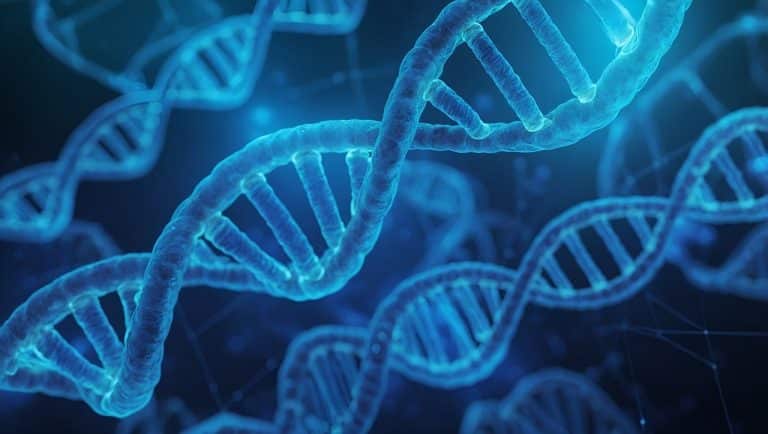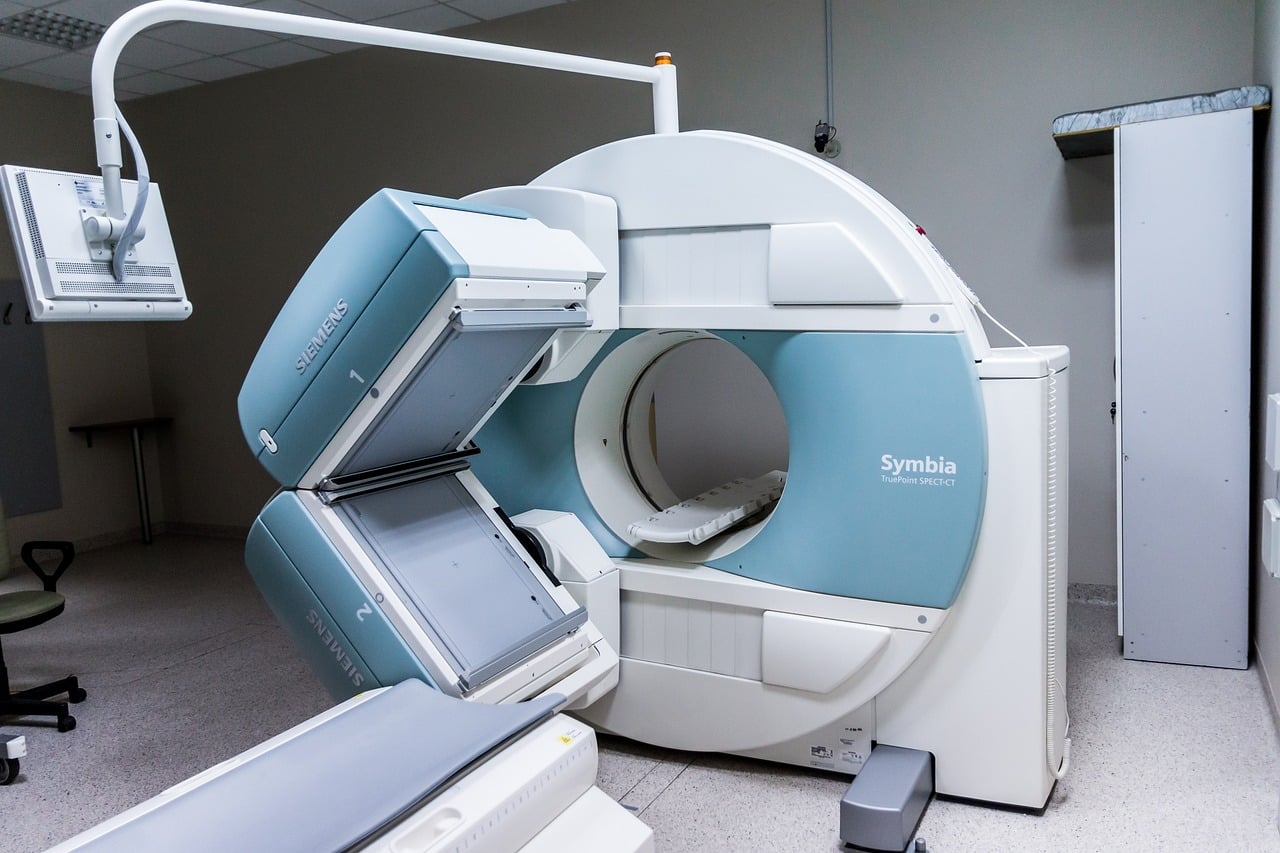Almost two decades ago, 23andMe was founded, and soon after, it was the first to bring DNA testing to the public. This created an opportunity for the average person to learn more about their ancestry. Over the years, more than 15 million individuals decided to sign up and get their DNA tested, which created a massive database of genetic data for 23andMe.
Now, we’re learning that 23andMe has filed for Chapter 11 bankruptcy. After years of success, the question is, what does this mean? Let’s take a look at what we know so far.
Why File for Chapter 11 Bankruptcy?

In 2017, 23andMe became the very first company to get clearance from the FDA to sell their DNA testing kits directly to the consumer. By 2021, the company had reached a peak, with a market value of $5.8 billion. However, since then, it seems like business for the company went on a downward trial. They’ve since dropped in market valuation by $50 million, which is a big deal.
On Sunday, 23 March 2025, 23andMe made an official announcement that shocked many people who had uploaded their DNA data to the company’s database. They announced that they’ve filed for Chapter 11 bankruptcy. This particular filing allows 23andMe to continue operating while it files for bankruptcy, which means the company can continue to offer at-home DNA testing kits to consumers.
The Future of 23andMe
The filing for a Chapter 11 bankruptcy could affect the future of 23andMe. Right now, we do have some information offered by the official representatives of the company. In one statement, a representative said:
“Importantly, this step allows us to continue operating our business while we chart the path forward.”
They also mentioned that any buyer for the company would need to comply with strict regulations that have been put in place. We also saw the CEO, Anne Wojcicki, resign on the same day as this announcement. She mentioned her strong support for 23andMe on an X post. Right now, it does seem like the resignation would give Anne a strong position to bid for the company.
This means there might still be a future for 23andMe. Apart from helping people discover their ancestry, the company has been working with DNA data to determine predispositions to health problems. Using big data models, which they already have, could potentially help to predict or even provide precautionary measures against outbreaks of measles and or provide more details about how epidemics related to bird flu could be fought against.
This is because genetic data can provide valuable insight. In one BBC news article, genetic studies helped researchers detect powerful barriers against bird flu inside the human body. This would only be possible if the data collected by 23andMe would not be compromised during a transition to a new owner.








